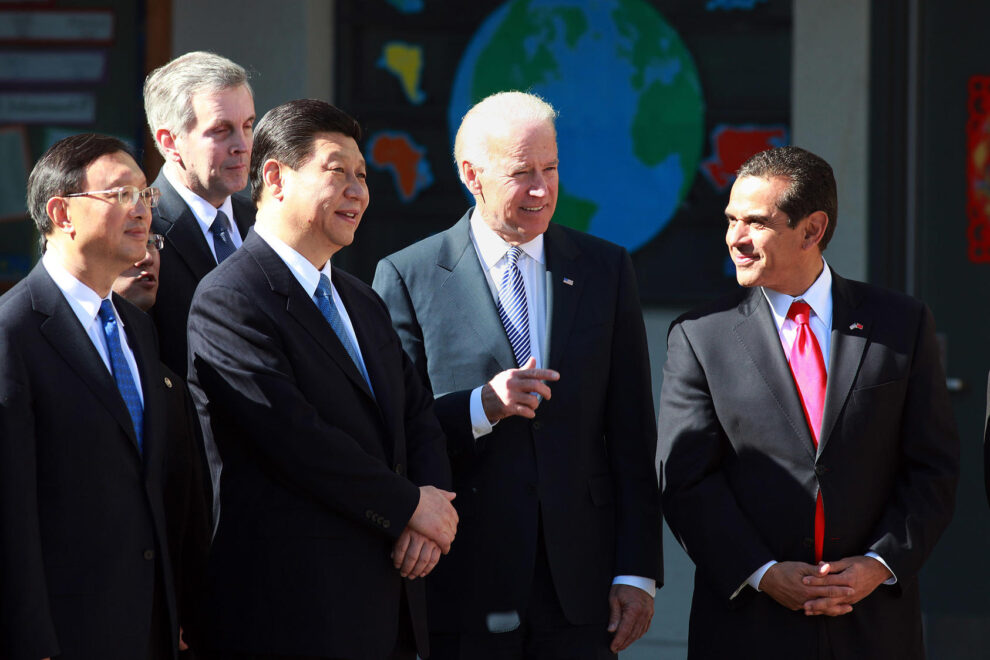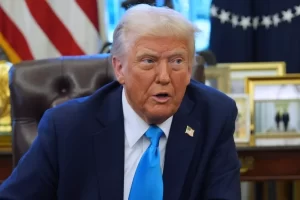One summit in San Francisco and the announcement of the resumption of another with dates yet to be worked out, both with apparently one goal in mind: bringing down tensions with China.
While the Biden-Xi Jinping chin wag last month on the side lines of the APEC summit, appeared to have gone some way in that direction, the buzz is China’s president didn’t get what he wanted the most, an end to Washington’s technology sanctions.
Nevertheless, the readout from Beijing was largely positive, indicating that both sides are depending on each other and the relationship has much to offer. The US too was positive, saying it wanted to stabilise ties with Beijing, keep open military lines of communication and to that purpose Defense Secretary Austin would be sent to Beijing at the appropriate time.
But Washington sources were also quoted as saying that the US had fundamental differences with China. “Don’t anticipate that China will change its position on the Indo-Pacific, the focus was on opening lines of communication and keeping guardrails.”
Biden underscored concern over China’s human rights abuses in Xinjiang and Hong Kong, acts of aggression in the East China Sea and North Korea’s nuclear sabre rattling.
According to Japanese scholar Dr Satoru Nagao, non-resident Fellow at the Hudson Institute, “The presidential election in Taiwan is approaching, thus the tensions in the air and sea around Taiwan, the East China Sea and the South China Sea is rising. China is provoking the US. In this situation, to control the situation, the US wants to re-establish a communication channel with China.”
Which brings us to the decision by Japan, South Korea and China to resume their Trilateral summits. The trilateral dates back to 2008, when the three agreed to meet regularly to discuss common concerns including on security and trade. Those summits ended in 2019 over disputes related to historical injustices and territory. These remain unresolved but Japan and Korea, reportedly were encouraged after a meeting with Biden in Camp David, to cool things with Beijing. The three foreign ministers have met but no dates yet on when a summit could be held.
Dr Nagao believes the decision to resume the trilateral also stemmed from concern in Tokyo and Seoul that with the US seeking to mend fences with Beijing, they should not be the sole holdouts against China. It helped that the current Korean government of President Yoon Suk Yeol has preferred to build ties with Japan rather than follow the previous government’s policy of a soft line towards China. As neighbours, they were also concerned about Pyongyang testing missiles and threatening the worst.
Dr Nagao says, “To deal with North Korea, China’s influence is important. Many think China is the only treaty-based ally of North Korea.”
All this to-oing and fro-ing with Beijing seemingly at the centre, has renewed concerns in some quarters in Delhi whether India should resume talks with China at the political level, something missing since the Galwan clash.
Former foreign secretary Vijay Gokhale told Stratnews Global in an interview recently, “In the last three months, three cabinet secretaries, of State, Commerce and Treasury have gone to Beijing, the US NSA has talked more positively about China … nobody is expecting a huge breakthrough, but even if they begin restoring some normalcy in the relationship, it will obviously have a global impact.”
US sources insist that India remains a key partner and there is “no potential G2 move being made” (reference ex-President Obama’s infamous G2 offer to China). Also, that “The US keeps its promises and values its relationships”.
But memories of India weathering three decades of US sanctions over its nuclear programme and Washington playing footsie with Pakistan over Kashmir remain fresh in Indian minds. The publicity given to India’s alleged role in a plot to kill Sikh separatists, has left a bad taste in the mouth. Trust but verify will be the catchword going forward as India weighs its options.































